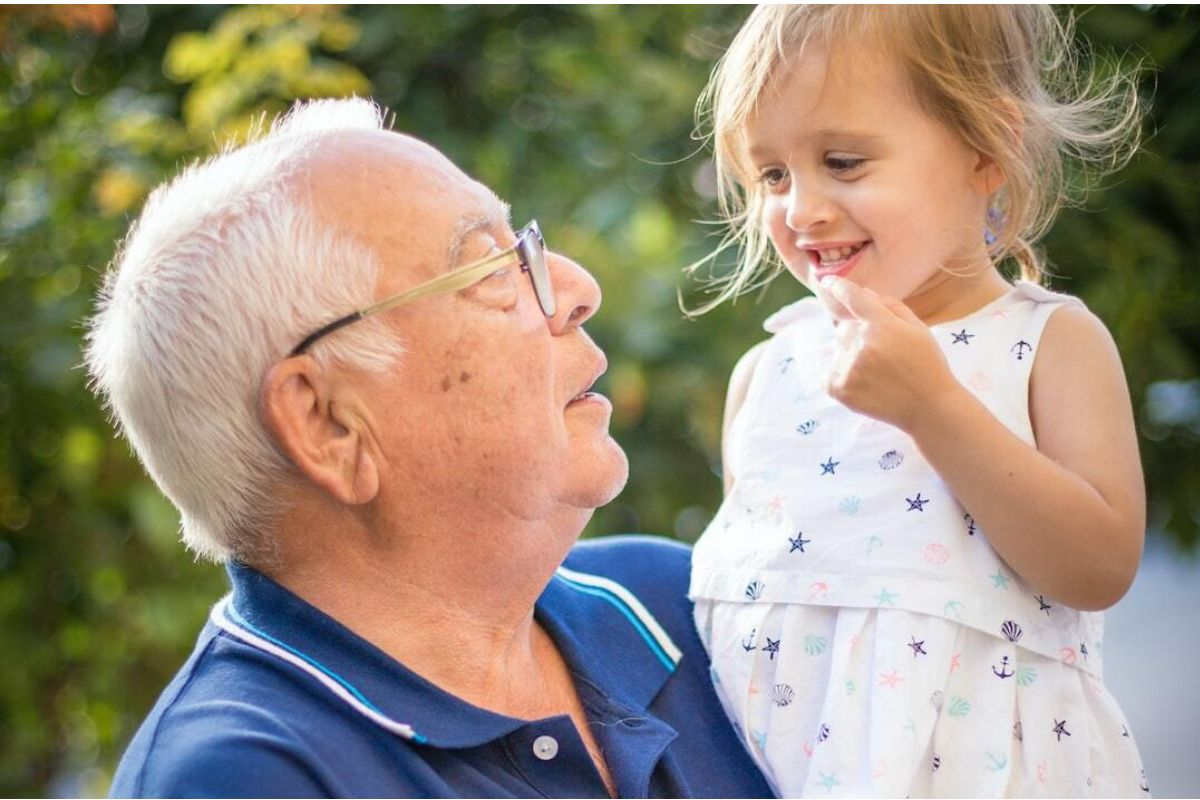Optimal Cognitive Health in Aging
Are you ready to unlock the secrets to maintaining cognitive health as you age? Look no further. In this article, we will reveal the essential strategies for optimizing brain function for a vibrant and fulfilling life.
You can keep your mind sharp and agile through lifestyle factors, cognitive exercises, a healthy diet, stress management, and social engagement. Join us to discover the keys to a thriving brain in your golden years.
Lifestyle Factors
Take control of your lifestyle to promote optimal cognitive health as you age. Two crucial lifestyle factors that can significantly impact your mental health are mindfulness meditation and sleep quality.
Mindfulness meditation is a practice that involves focusing your attention on the present moment, allowing you to cultivate a sense of awareness and acceptance. Research has shown that regular mindfulness meditation can improve cognitive function, attention, and memory while reducing stress and anxiety levels. Incorporating mindfulness meditation into your daily routine can be as simple as setting aside a few minutes each day to sit quietly and focus on your breath.
Additionally, prioritizing sleep quality is essential for maintaining optimal cognitive health. Adequate sleep allows your brain to rest and recharge, consolidating memories and facilitating cognitive processes. Aim for at least seven to eight hours of uninterrupted sleep each night, creating a sleep-friendly environment that’s cool, dark, and quiet.
Cognitive Exercises
Engage in regular cognitive exercises to boost your brain health as you age. Memory training and brain games are effective methods to enhance cognitive function and maintain mental acuity. These exercises challenge your brain and stimulate neural connections, promoting the growth of new brain cells and improving overall cognitive performance.
Memory training exercises specifically target and improve memory skills. They involve tasks such as remembering item lists, recalling story details, or memorizing sequences. These exercises can be done through structured programs or simple activities like crossword puzzles, Sudoku, or memory games. They help enhance your ability to retain and retrieve information, keeping your memory sharp and reducing the risk of cognitive decline.
On the other hand, brain games encompass a wide range of activities designed to stimulate various cognitive functions. These games can include puzzles, logic games, or strategic thinking exercises. These activities challenge your brain to think critically, problem-solve, and improve decision-making skills. Brain games also provide a fun and engaging way to keep your mind active and maintain cognitive vitality.
Research has shown that regular cognitive exercises, including memory training and brain games, can significantly benefit mental health in aging. These exercises have been associated with improved memory, attention, processing speed, and overall cognitive function. They can also help delay the onset of age-related mental decline and reduce the risk of developing conditions like Alzheimer’s disease.
Incorporating cognitive exercises into your daily routine is essential for promoting optimal mental health as you age. Dedicate a few minutes daily to memory training or brain games to challenge your brain and keep it in top shape. Remember, like physical exercise, regular mental exercise is crucial for maintaining brain health and promoting cognitive longevity.

Healthy Diet
Include a variety of nutritious foods in your daily diet to maintain optimal cognitive health as you age. A healthy diet is crucial in supporting brain health and preventing cognitive decline.
Here are some brain boosting foods that you should consider incorporating into your diet:
- Omega-3 fatty acids: Fatty fish like salmon, mackerel, and sardines, as well as walnuts and flaxseeds, contain omega-3 fatty acids, which have been linked to improved cognitive function and a reduced risk of Alzheimer’s disease.
- Antioxidant-rich fruits and vegetables: Blueberries, spinach, kale, and other colourful fruits and vegetables are packed with antioxidants that protect brain cells from damage caused by free radicals.
- Whole grains: Foods like brown rice, whole wheat bread, and oatmeal provide a steady release of glucose to the brain, promoting optimal brain function.
While a healthy diet is key, it’s important to note that nutritional supplements alone can’t replace the benefits of a balanced diet.
Stress Management
How can you effectively manage stress to support optimal cognitive health as you age? Stress reduction techniques and mindfulness practices are effective strategies for managing stress and promoting mental health. Deep breathing exercises, yoga, and meditation can help lower stress levels and improve cognitive function.
These practices have been found to reduce the production of stress hormones like cortisol, which can have detrimental effects on the brain if chronically elevated. Additionally, mindfulness-based stress reduction programs have improved older adults’ attention, memory, and executive function.
Social Engagement
Staying socially connected is crucial for maintaining optimal cognitive health as you age. Engaging in social activities and cultivating relationships provides numerous benefits contributing to well-being. Here are three key reasons why social engagement is essential for cognitive health:
- Community involvement: Participating in community activities and organizations fosters a sense of belonging and encourages intellectual stimulation. Engaging in group discussions, volunteering, or joining clubs can help keep your mind active and challenged.
- Emotional support: Building and maintaining strong social connections provides a support system that promotes emotional well-being. Sharing experiences, thoughts, and feelings with others can help reduce stress, improve mood, and enhance overall cognitive function.
- Cognitive stimulation: Interacting with others stimulates cognitive processes such as memory, attention, and problem-solving. Engaging in conversations, playing games, or participating in group activities can help improve cognitive abilities and maintain mental sharpness.











